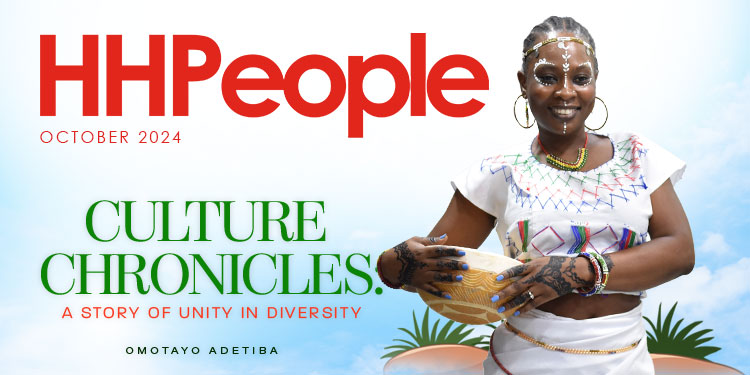My name is Omotayo Adetiba, and I was born in Zaria, Kaduna State, to a Yoruba father and an Igbo mother. Growing up in northern Nigeria as a non-northerner was a remarkable experience that I deeply cherish.
I spent my early years on the serene campus of Ahmadu Bello University in Samaru, Zaria. It was a small, close-knit community made up of academics and their families. Mornings were often filled with walks to school alongside friends, and sometimes we’d ride bicycles, depending on how much time we had. Zaria was a beautiful place, with its lush greenery, tall trees, and vibrant flowers. The contrast of the weather was stark: sweltering heat during the hot season and the biting cold of harmattan that made us bundle up in thick sweaters and scarves. We used to joke that it was Nigeria’s version of winter!
One of the things I loved most about life in Zaria was the farming culture. Almost every household had a farm. My family had a poultry house, a grapevine (yes, the weather was perfect for growing grapes!), various fruit trees—mango, orange, plum, tangerine, and banana—and a vegetable garden. We even had a neem tree, though I wasn’t fond of it because it meant having to drink bitter herbal concoctions whenever anyone fell ill! Participating in farming activities, from clearing land to planting and harvesting, was such a fulfilling experience, and it made agriculture classes at school even more relatable.
The Hausa people in Zaria were warm and welcoming. They encouraged non-Hausas like me to speak their language, and it brought them joy to hear us try.
One of my favourite memories was our school’s end-of-year parties. We would showcase our diverse cultures and perform plays in a place called Drama Village on campus. It was a hub of creativity, where students from the Arts department of the university also staged performances throughout the year. The setting, designed to resemble a traditional village, would change depending on the event.
Another cherished time of the year was Sallah. Oh, the food! Our Muslim neighbours would send over-generous bowls of delicious meals, especially meats, that could last for weeks. It was a time of sharing and celebration, and the joy and warmth were infectious.
Growing up, the church community was also an important part of my life. I was a member of the Children’s Choir, the Legion of Mary, and the Sacred Heart of Jesus groups. Every Saturday morning, my friends and I would ride our bicycles to church, helping to clean and decorate the altar with the older women from the Catholic Women Organisation.
What stood out most for me about growing up in the North was that it never felt like it wasn’t home. People from all over Nigeria—Hausa, Yoruba, Igbo, Idoma, Kanuri, Igala, Tiv, Nupe—found a home in Zaria. We lived together in harmony, sharing meals, cultures, and experiences. The sense of tribalism was minimal, likely because we were all far from our native regions, united by the academic environment.
My childhood in Zaria was a reflection of what Nigeria could be—one nation, bound by love and respect for our individual cultural and religious differences. When people ask where I’m from, my natural response is, “I am Nigerian.” That’s because growing up in Zaria taught me that home is not defined by tribal lines, but by the unity we can achieve in our diversity. I am truly grateful for the opportunity to have lived such an experience.


